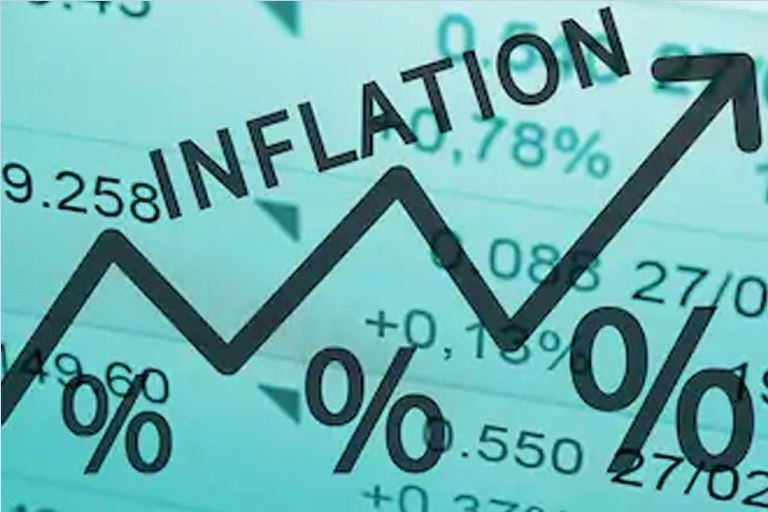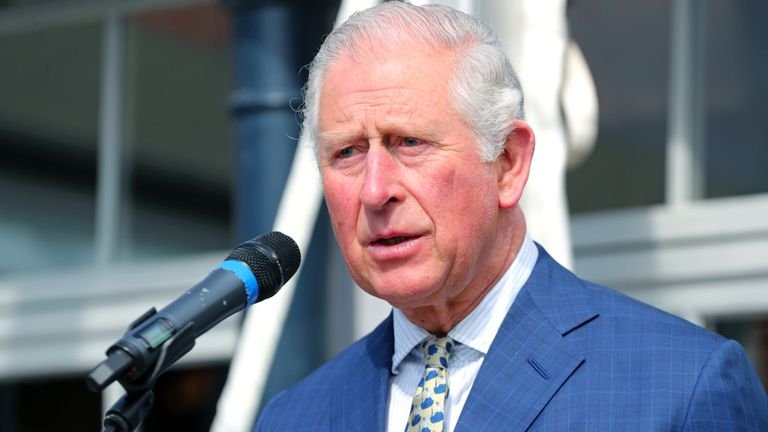Nigeria’s inflation rate surged further in January, reaching nearly 30% in annual terms, owing to rising food prices and the country’s naira falling to record lows.
Some economists believe the statistics could persuade the central bank to raise interest rates significantly when it meets later this month.
Consumer inflation increased for the 13th consecutive month in January, reaching 29.90% year on year from 28.92% in December, according to National Bureau of Statistics statistics.
Inflation in Africa’s largest economy and most populous country has not been this high since mid-1996, destroying earnings and savings and exacerbating the cost-of-living crisis.

The weakened naira, which experienced its second devaluation in less than a year last month, is a major driver of price pressures, along with energy and logistics expenses linked with infrastructural issues.
In January, the food and non-alcoholic beverage category was the largest driver of yearly inflation.
Food inflation rose to 35.41% in January, from 33.93% in December.
Vice President Kashim Shettima said this week that the government planned to set up a commodity board to regulate the price of grains and other items to curb food costs and support smallholder farmers who dominate production.
The central bank governor, Olayemi Cardoso, faces pressure to raise interest rates when the bank’s Monetary Policy Committee (MPC) meets in late February for the first time since he took office in September.

Cardoso has said the bank aims for inflation to fall to about 21% and will seek to support the naira.
“We expect the central bank to finally deliver a large interest rate hike, probably in the region of 400 basis points to 22.75%, when the MPC meets towards the end of this month,” Jason Tuvey at Capital Economics said.











